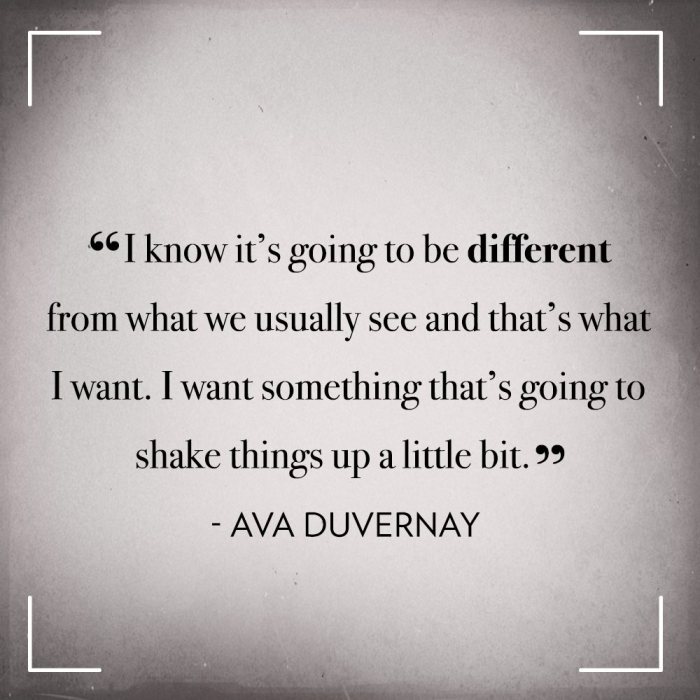To hear another’s voice and experience another’s story as authentically as she shares it means that we have to suspend, as much as possible, as many preconceived notions as possible about how she needs to tell it, and what it ought to include. It’s 2017 and we still hear horror stories from students of color at PWI (predominantly white institutions) with non-POC professors allowing their ethnic/cultural biases to interfere with their lectures, evaluations and grading. (Oh, wait, yesterday we did just witness white supremacists boldly march through Charlottesville, VA – carrying tiki torches, wearing dockers/white polos, and spewing hateful hostility. OK. Nevermind. #sameroot)
So then, structure, more than content, until recently has been the bane of my experience as a writer since high school. (Well, except during my journalism classes in college – that style of writing blends well with my style and skill set.) This barrier kept me from majoring in English, Literature or Drama/Theatre in college – or considering them as viable career options. I’d discovered the game, and unwilling to compromise my voice, I was just as protective of my GPA and prospects for gainful employment. Sadly, I allowed this prejudicial game to influence me to deny my primary gift, relegating it to the low-priority role of hobby.
Hmmm, as I write this post, I am thinking that developing as a writer would be a much more pleasant experience if we treated it like a positive, body-affirming approach to shopping for clothes. Instead of making every writer fit into narrow, unyielding rules of style, we should encourage and support writers to find styles that fit her “body type.” And when she doesn’t find ones that fit, she designs her own, providing space for other writers like her – for her contemporaries and for following generations.
“Learn the rules like a pro so you can break them like an artist.” ~Pablo Picasso
Tim Habeger, co-founder of The Series Project in Atlanta, GA writes, “Movies train us how to watch movies. We like what we’ve been raised on.” So, then the questions become:
- What rules have we been raised on?
- Who made those rules? (i.e., “Who told you that???”)
- How alike am I and are my storytelling needs to the person who made the rules and to her storytelling needs?
Tim speculates, “Maybe we need to retrain the brain.” I am sure that we do.

Why? Because when we do not allow for varying structure forms and truly diverse content, we end up with formulaic approaches to creativity to determine what projects are produced and which ones remain ephemeral dreams in the hearts and minds of certain creatives. Where does formula have a place in artistry? No place.
The fantastic news is that alternative paths to production, since the emergence of hip-hop and boosted by technology (especially crowdsourcing and open platforms), provide access to success for more and more creatives. Designs, ideas – and stories no longer die on the vine, robbing the world of rich textures that help us to navigate and enjoy life in ways that only art can do.
Artists – do you! Your very nature as a creative means that you bring to the table something that has not existed before now. You are designed to be different, to break current molds and manifest new ones. Do it and do it big!
Visit Wild + Free‘s Facebook page to learn more about candi’s latest (9th) stageplay in development. Synopsis. The second half of life was supposed to be a smooth journey to retirement for Creole shop owner, Sydney Augustine. After five years in a Georgia resort town, during the summer after 45’s election, smooth becomes bumpy as she is caught between an old flame and her current boyfriend – while the town’s white residents vehemently resist her plans of expanding her business, preferring to keep some historical secrets buried.
(c) 2017 candi dugas, llc

